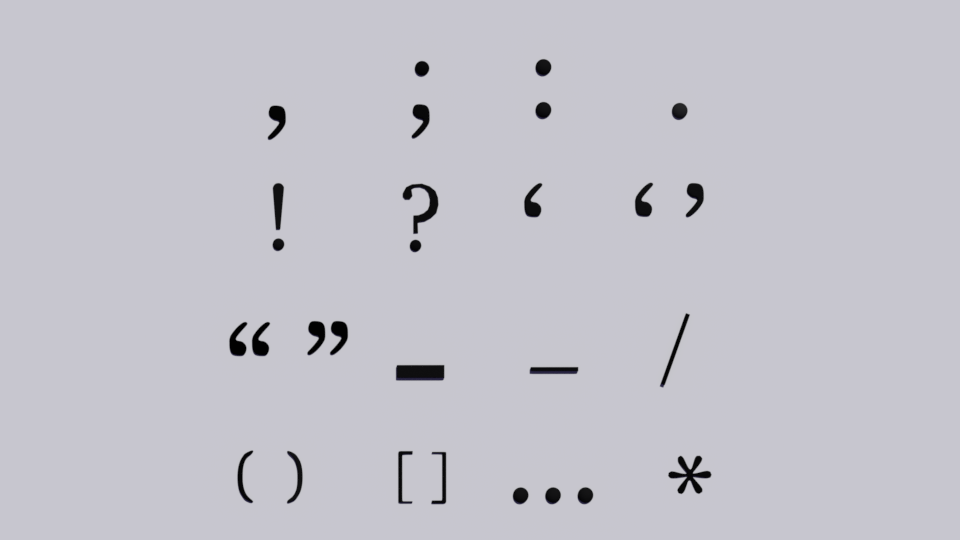×
The Standard e-Paper
Kenya’s Boldest Voice

The Jaramogi Oginga Odinga University of Science and Technology will confer an honorary degree on Raila Odinga in December. That, as the justification goes, is because of his exemplary work. Thereafter, his admirers will be more than happy, when referring to him, to prefix his name with the abbreviation for Doctor (Dr).